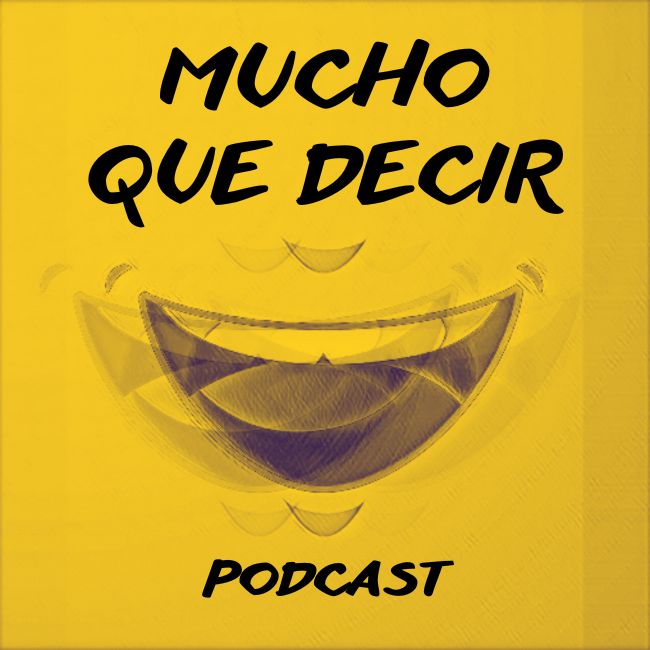Search from various English teachers...

Tip 63 - How to apply the Dead Horse Theory in Language Learning
Description
You may have heard the phrase “beating a dead horse”, which refers to continuing an effort that is no longer useful. But how do you know when your study methods, goals, or mindset are the dead horse? And when should you move on?
Let’s explore how to detect when something isn’t working, how to adjust your approach, and most importantly—how to avoid wasting energy on language learning methods that will never work for you.
🐴 The Dead Horse Theory in Language Learning
The Dead Horse Theory suggests that if a strategy no longer works, stop using it. But here’s the catch—most of us don’t realize we’re on a dead horse until it’s too late.
We keep pushing through outdated learning strategies, believing that more effort will eventually yield results. We blame ourselves for not being “smart enough” or “motivated enough,” when in reality, we might just be riding the wrong horse.
Here’s where self-awareness and rational decision-making come into play. How can you tell if you’re stuck beating a dead horse in your language journey?
Podcast Channel
💃🏻111 Tips for Learning a Language
Author
All episodes

4. smoking- سیکار کشیدن

Work-Related Expressions in Levantine Arabic -Arabic, Turkish & English

Ep. #18 - Wolf of the Plains

Qatar 🎧

🌵 Understanding the Israeli Sabra Identity

El Condicional: Lo Que Dirías Si Supieras Usarlo Bien 🧠

#174 福袋について

#431 N3漢字 "交" について!
Popular episodes

TheFarsiPod
4. smoking- سیکار کشیدن

My Levantine Arabic Diary
Work-Related Expressions in Levantine Arabic -Arabic, Turkish & English

Easy Swedish with Viktoria
Ep. #18 - Wolf of the Plains

Mucho que decir
Qatar 🎧

Easy Hebrew
🌵 Understanding the Israeli Sabra Identity

☕🎧🎙️ Español Express 🎙️🎧☕
El Condicional: Lo Que Dirías Si Supieras Usarlo Bien 🧠

Atsushi のJapanese podcast (travel/news /文法・漢字・語彙/Osaka/Hokkaido/🇹🇷🇬🇪🇦🇲🇪🇸🇵🇹)
#174 福袋について

Atsushi のJapanese podcast (travel/news /文法・漢字・語彙/Osaka/Hokkaido/🇹🇷🇬🇪🇦🇲🇪🇸🇵🇹)
#431 N3漢字 "交" について!